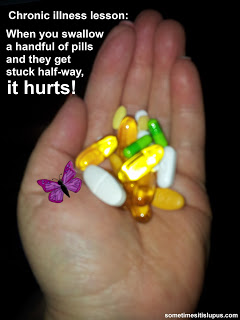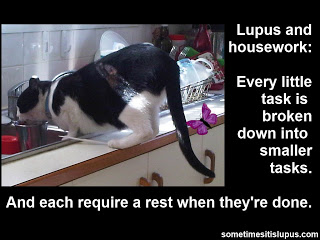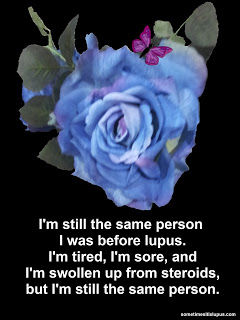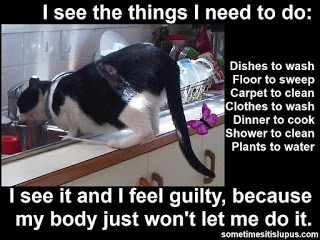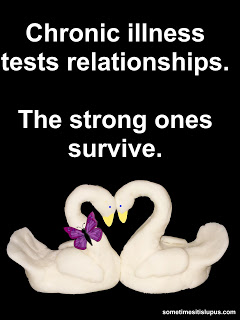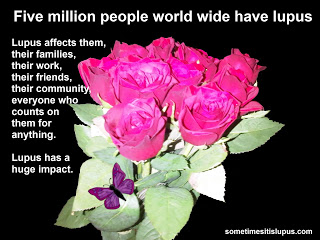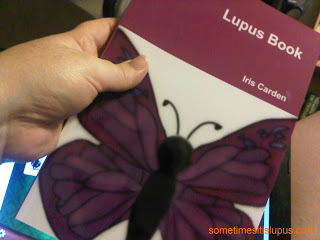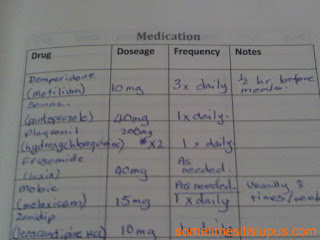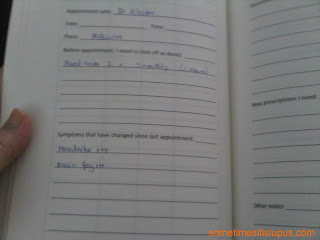Article reprinted from The Conversation, an expert look at "superfoods" and health.
Superfoods: not so super after all?
By Emma Beckett
, University of Newcastle and Zoe Yates
, University of Newcastle
Superfoods is a buzzword now part of mainstream food and health language, often touted as miracle foods that cure all ills, stave off ageing and disease, or aid weight loss.
In practice, superfoods are more readily evoked when it comes to exotic and ancient fruits. Goji berry and acai berry, for example, or pomegranate and mangosteen are all famously regarded as being super. Liver is actually more dense in nutrients than any of these foods, but have you ever heard it called a superfood?
As you may have guessed by now, superfood is not a scientifically or technically defined term. It’s not a word that medical professionals or researchers really use. Indeed, it has little meaning in the medical research community.
Nonetheless, enter superfood in any internet search engine and it will return millions of hits - mostly from news, magazines, blogs and sales sites. Repeat the search in the US National Library of Medicines online database of biomedical research publications, PubMed, and you get a grand total of three hits along with the helpful suggestion that you may have, in fact, intended to search for “superfund”.
But that doesn’t mean there’s no scientific research into superfoods. Researchers just don’t call them “super”. And there’s a good reason for this: the giant leap from testing foods in the lab to their amazing marketed powers is simply too far to be scientifically or ethically sound.
Just because a component of a superfood may kill cancer cells in a dish in the lab doesn’t mean that eating lots of a food containing this component will prevent you from getting cancer.
What’s more, the assumptions behind superfood science can be problematic. Much of the available evidence comes from cell culture or animal models. While these models are good tools for scientists, they don’t automatically apply to humans.
Humans have considerable environmental and genetic variances that make us much more complicated.
Even when these studies are done in humans, they’re often tested in very high concentrations over short durations that are not reflective of regular balanced diets. There simply aren’t enough long-term, realistic studies to support the claim that superfoods can stave off illness or old age.
It’s easy to see why the concept is popular; being able to superfoods that protect you from all kinds of harm are a seductive notion. But the idea may be doing more harm than good. At best, it’s a misleading marketing tool, at worst, it may encourage bad habits.
Superfoods can give people a false sense of security, letting them believe that they can somehow balance out other unhealthy habits.
The prohibitive cost of superfoods is also an issue. The average price of “super” berries such as goji and acai is tens of times higher than humble raspberries, blackberries or apples. But they certainly don’t have ten times the nutritional value.
A common feature of superfoods is that they contain large amounts of antioxidants.
Antioxidants protect cells in the body from free radicals, which are reactive molecules originating from sources such as cigarette smoke, processed foods and normal metabolism. Too many free radicals damage cells, leading to age-related diseases, such as cancers.
Most of the research on the health benefits of dietary antioxidants comes from cell and animal models. This research is, again, not necessarily transferable into the regular dietary context.
The studies that have been done in humans generally show short-term elevations of antioxidants after consuming particular foods in very high concentrations, as you would expect. Avoiding sources of free radicals to start with is probably more beneficial than trying to balance them out with antioxidants.
Nutrients are clearly important for good health but seeking out large doses from any one source is not likely to be beneficial. Simply having more of a particular vitamin or mineral is not necessarily better.
Indeed, too much can sometimes be just as harmful as not enough. Also, the body cannot store certain nutrients so there’s no benefit in consuming large amounts of them; they will only be expelled as waste.
A fixation on superfoods can distract people from the benefits of healthy everyday foods. What most western diets are lacking is not any one super source of nutrients, but variety. Everyday fruits, vegetables and whole foods each have their own unique nutrient profile and contain individual factors that can be said to promote health and wellbeing.
No single food item, or even the top ten superfoods combined, have enough superpowers to replace a balanced, varied and healthy diet. Couple this with avoiding excessive consumption of processed and refined foods and alcohol, and you will have done everything you can, nutritionally speaking, to help you stay healthy and well into old age.
Emma Beckett receives funding from CSIRO (CSIRO OCE PhD Scholar)
Zoe Yates does not work for, consult to, own shares in or receive funding from any company or organisation that would benefit from this article, and has no relevant affiliations.

This article was originally published at The Conversation.
Read the original article.
I've reprinted this article because, while it's nice to think that there is hope in miracle cures, and foods with special properties, no single food or supplement is going to do all the things people claim "superfoods" do. Nothing replaces a healthy balanced diet, whatever moderate exercise you can manage, and taking your medication.
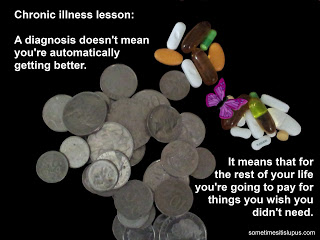 Living with a chronic illness has taught me a lot of things. Here are some of them:
Living with a chronic illness has taught me a lot of things. Here are some of them: